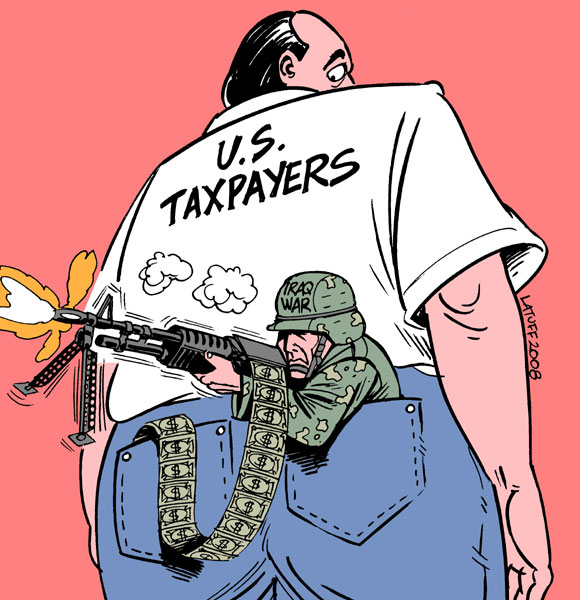Interdependencies
(Romania) on 22 December 2011
by Dinu Patriciu (link to original)
If, according to Abraham Lincoln, tact is “the ability to describe others as they see themselves,” then Petre Ţuţea showed no diplomacy whatsoever. “Americans have no vocation, they invoke God only to bless their shops. They think like merchants. They exert their ownership over the world only at the cash register.”
Beyond the irony and a certain degree of superficiality, this quote reflects a partial reality. I do not know if the pragmatism of common geopolitical concepts can describe the relationship between the Western and the Islamic worlds. I do not think it is enough to define the hundreds of simultaneous, religious, inter-tribal, or social conflicts in this part of the planet, some of which have roots in history, in terms of the balance between states. I do not know if the problems in the region can be solved by referring to borders drawn as a consequence of oil concessions in the past 100 years or created arbitrarily between possessions of the great Western states. Similarly, I do not know if it makes any sense to spend 120 billion dollars a year on the war in Afghanistan. Would it not be more efficient to build 12,000 markets with mosques and shopping centers that would provide employment for millions of people, craftspeople and small traders, through the whole spectrum of activities behind such a place? And, on top of it all, this would cost ten times less. What I am saying may seem simplistic, but the development of such a society starts from a bazaar-type economy that has nothing to do with the Western one. Such an approach could have consequences in many other parts of the world. It would entail, for instance, making drugs legal in order to curtail the Taliban’s sources of funding. Preemptive measures would also be much cheaper and, according to some, much more efficient than the destructive chasing of people in the mountains.
In this same way, a sly Libyan dictator, a dream seller who had enough money to turn some of his dreams into reality, knew how to divide and conquer warrior tribes that had been fighting and forming temporary alliances for hundreds of years.
Nowadays television and the Internet make those people want to live differently, and weapons are not necessarily in order to make change happen. Nevertheless, they would not work more for they would not have enough time left to make money, as an old Jewish saying goes (we know from experience that mentalities change with generations).
The situation is the same in Egypt, Yemen, Syria, and the countries in the Gulf region. For the same amount of money used to organize the FIFA World Cup in Qatar or build an air-conditioned ski slope in Dubai, one could put up another 10,000 mosques. In Islam, the mosque is not only the place where one finds the God within, but also a school, a place of judgment and a center of democracy. It represents a society that is atomized into small communities around the mosque, communities created through a “mosque democracy” that differs from the Western one, which is based on the separation of powers. People must be allowed to live according to their own laws and then the evolution towards globalization will naturally lead to the acceptance of differences and integration. If, on the contrary, force is employed, the result will be only a proliferation of peoples' and nationalist movements and various forms of extremism. The use of force has its limits. One must define the type of force and its purpose. If the latter is the enforcement of foreign patterns, then the game ends in chaos, as it will jeopardize old trading routes and an important part of geographical resources. The global economy is merely readjusting during a short break between two crises. What is happening now in the Middle East brings uncertainty and further volatility. Prices change instantaneously due to market perceptions. The cost of raw energy materials may present variations of 30 to 50 percent. For us, who have swallowed the bitter pills of austerity imposed by the IMF, the consequences can be catastrophic. We can only defend ourselves by means of economic growth, by stimulating consumption and by rapidly attracting private investments.
If we set false targets, such as adopting an erratic currency depending on other people’s political decisions, and fight bravely against inflation, although it is inevitable anyway, then we will waste our last chances of recovery in the foreseeable future. May God have mercy!

